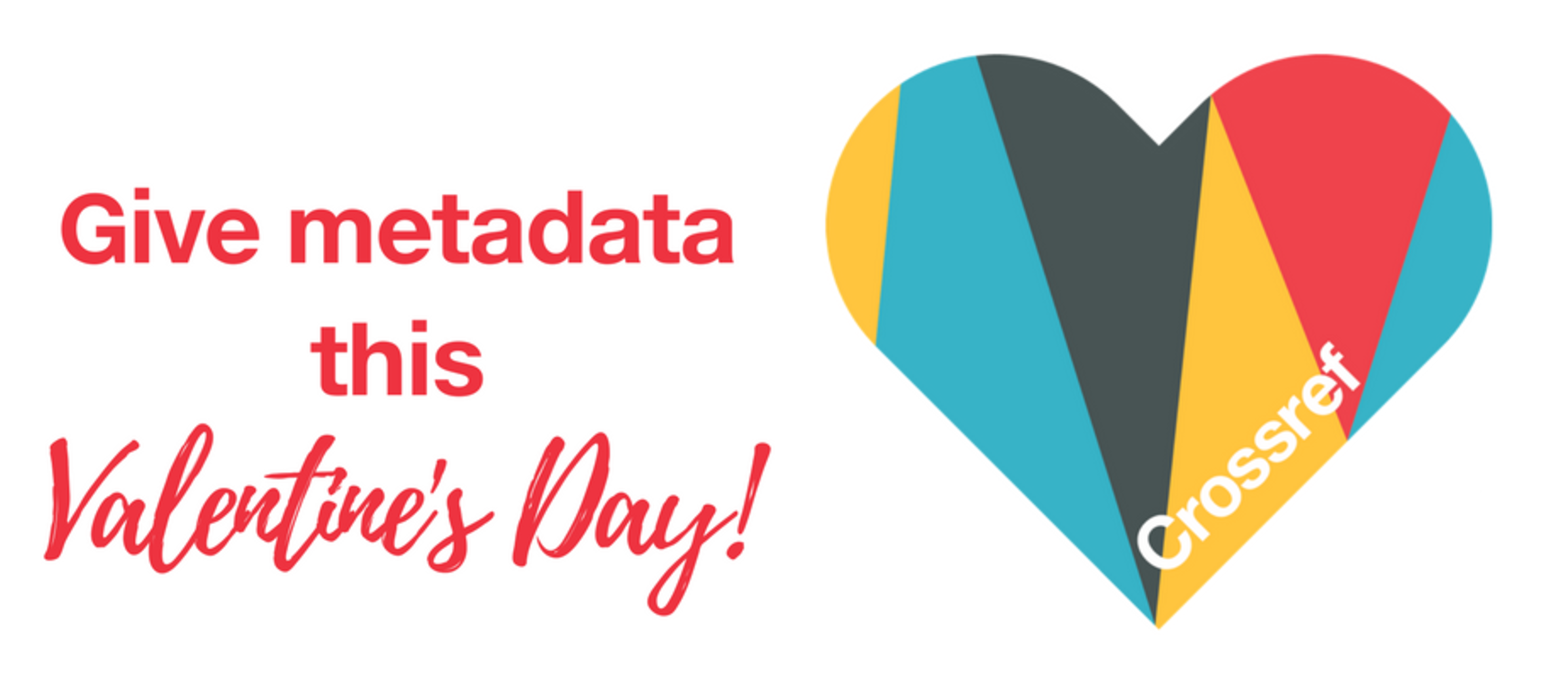1 minute read.Crossref LIVE in Tokyo
What better way to start our program of LIVE locals in 2018 than with a trip to Japan? With the added advantage of it being Valentine’s Day, it seemed a good excuse to share our love of metadata with a group who feel the same way!
We’ve worked closely with the Japan Science and Technology Agency (JST) since 2002, and were delighted when they agreed to collaborate with us on a LIVE event at their offices in Tokyo.
With help from the team at JST, we welcomed around 80 attendees—a mix of editors, publishers and enthusiastic metadata users—who all enjoyed the talks from our guest speakers, Nobuko Miyari from ORCID, Ritsuko Nakajima from JST and Tatsuji Tomioka from Kyoto University Library (who talked about the use of DOIs and metadata in their research information repository, named KURENAI).
Vanessa Fairhurst and I also took part in the days program and talked about the different services that Crossref offers. With many of our members in Japan already well-versed in DOIs, we placed the focus of our sessions around the importance of accurate, complete metadata, and new record types (such as peer reviews and preprints). We also discussed our new community initiatives such as the OI project, identifiers for grants and Metadata2020.
We’d like to say a big thank you to Kentaro Kinoshita from JST for his help with organizing the event. We’d also like to thank the excellent team of translators who assisted us greatly by relaying the content to the audience in Japanese—being able to offer information and take questions in English and Japanese was an invaluable part of the day.
Any questions?
One day is never quite enough to cover all things Crossref, so we were happy to answer questions from the enthusiastic audience:
What metadata is required to register peer review reports with Crossref?
To answer this we pointed them to this informative blog on peer reviews.
How can I find information on using your REST API?
This is a great starting point, and most information can be found here https://api.crossref.org
Is the forthcoming Metadata Manager tool something I can use?
Yes! We hope it will make it much easier for you to deposit good metadata—and if you are in interested in participating in our open beta, let us know.
We’re looking forward to continuing to collaborate with JST, and are really grateful for their help in working with us to make the event go so smoothly. Thank you to those who joined us, and we hope to see you again soon.
Further reading
- Oct 13, 2020 – Calling all 24-hour (PID) party people!
- Aug 29, 2019 – Speaking, Traveling, Listening, Learning
- Aug 18, 2019 – We'll be rocking your world again at PIDapalooza 2020
- Jan 22, 2019 – Myth busting in Mumbai
- Oct 31, 2018 – Crossref LIVE Brazil evoked vibrant Q&A session
- Aug 28, 2018 – Presenting PIDapalooza 2019
- Jul 18, 2018 – Crossref LIVE and local (to you)
- Dec 11, 2017 – Working with universities at Crossref LIVE Yogyakarta






